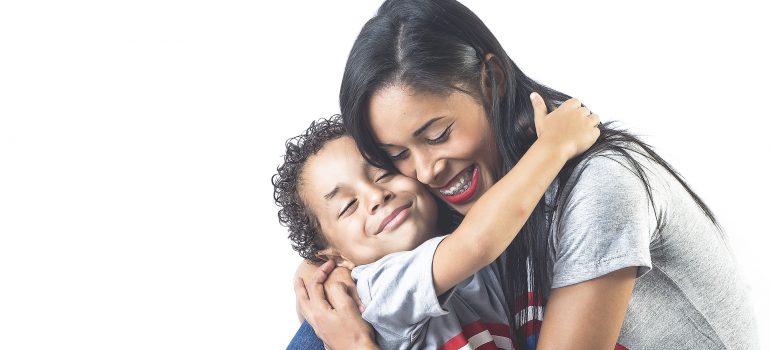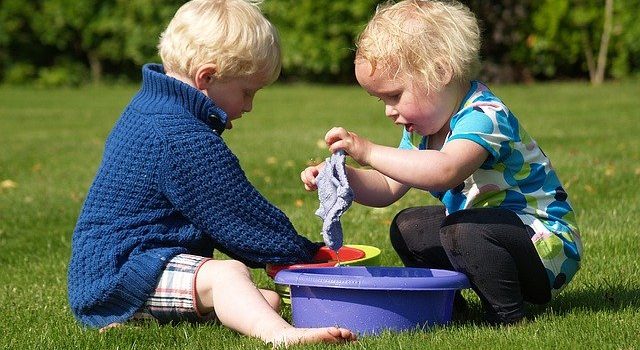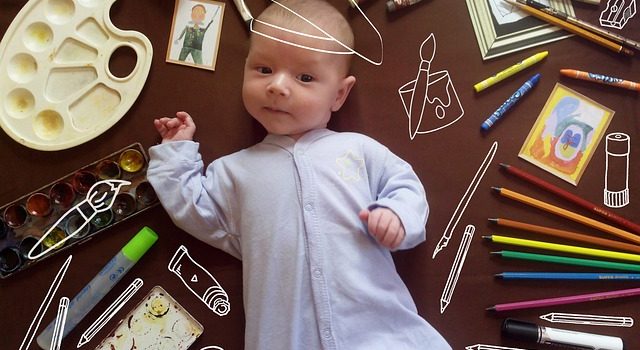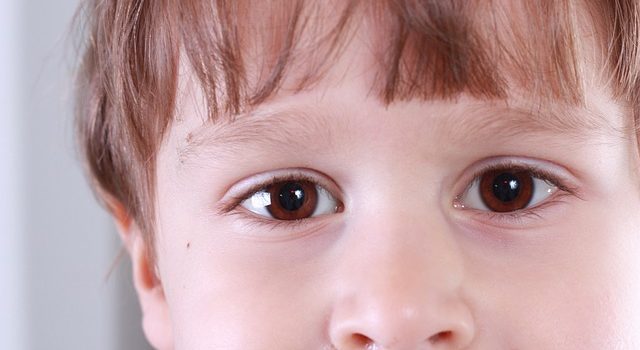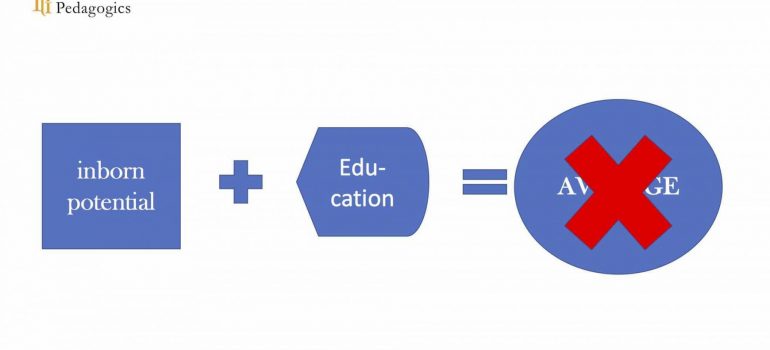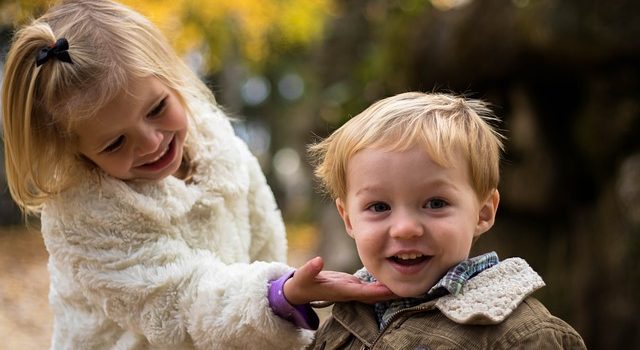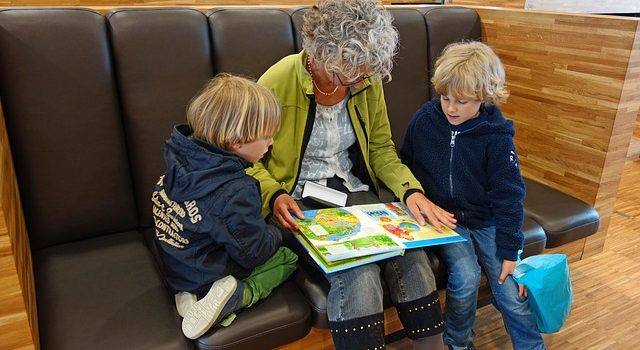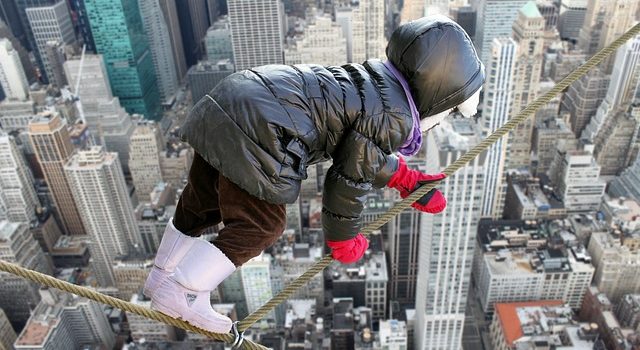Bedürfnisorientiert heißt nicht verwöhnt
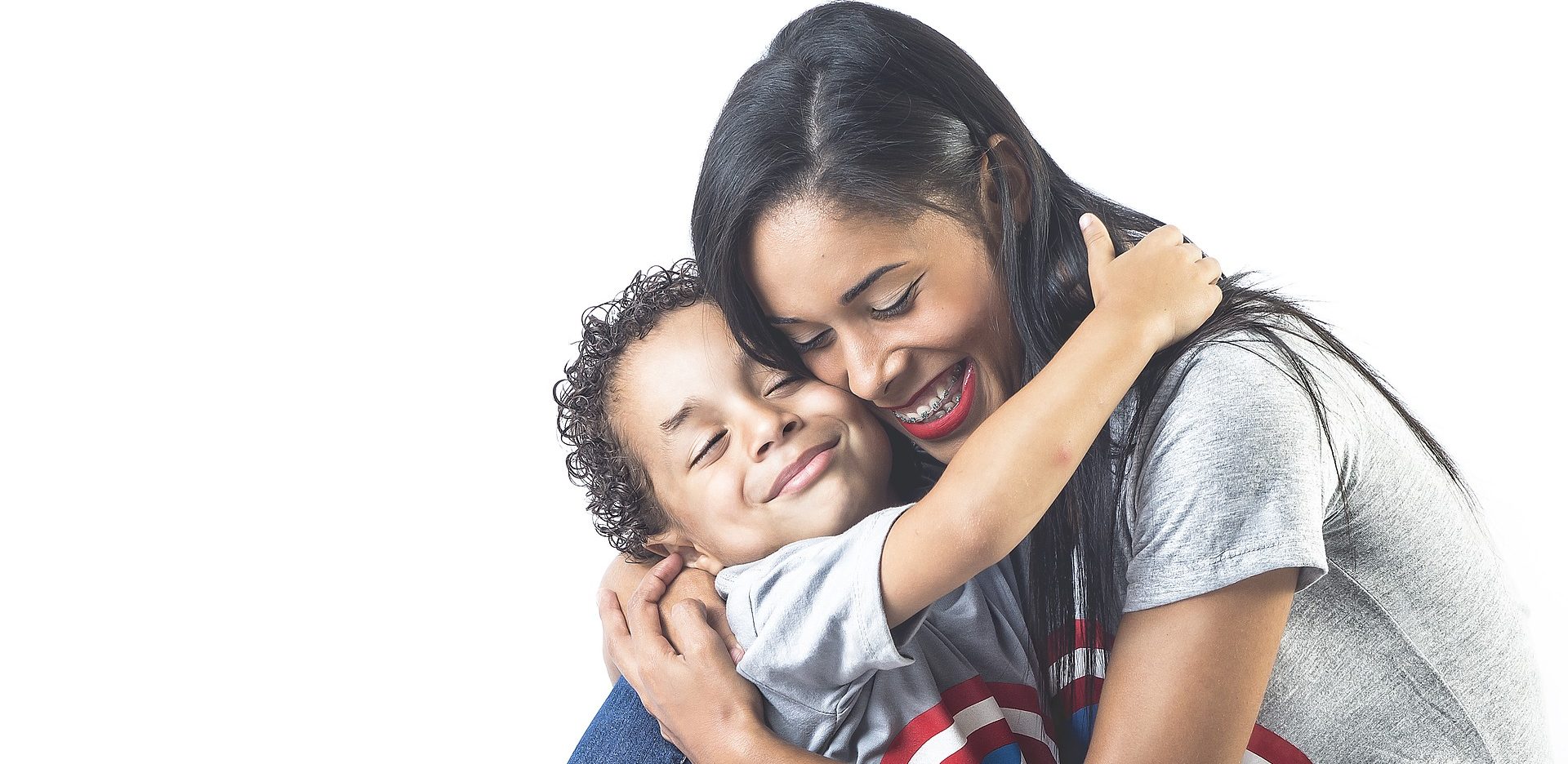
Bedürfnisse begleiten uns ein ganzes Leben lang. Noch mehr. Bedürfnisse bestimmen unser Leben und unser Wohlbefinden. Wenn ein Bedürfnis nicht erfüllt ist, so sind wir unzufrieden, unglücklich, unrund oder einfach nur orientierungslos.
Aus diesem Grund ist es wichtig unsere Bedürfnisse zu kennen und ernst zu nehmen. Wenn kleine Menschen ihre Bedürfnisse zum Ausdruck bringen, so orientieren sie sich in ihrer emotionellen und sozialen Entwicklung ganz besonders daran, wie wir als Erwachsene mit Bedürfnissen umgehen.
Als Orientierung können wir die Bedürfnispyramide von Maslow heranziehen.
Er selbst hat zwar keine Pyramide entworfen, aber schon über die aufbauenden Bedürfnisse gesprochen. Die körperlichen Bedürfnisse stellen die Basis der Zufriedenheit des Menschen dar. Verfügt der Mensch über ausreichend Schlaf und Nahrung, so ist bereits ein großer Schritt gelungen.
Auch der Säugling hat seinen Fokus vor allem in diesem Bereich, denn der Körper braucht viel Energie, um sich zu entwickeln und dem Kind die notwendigen Bewegungsmöglichkeiten zur Verfügung zu stellen. Auch das Gehirn benötigt die Nahrung und den Schlaf. Die Nahrung dient als Energie und der Schlaf ist die Zeit der Verarbeitung. Da Säuglinge noch viel verarbeiten, schlafen sie auch mehr. Je vertrauer einem kleinen Menschen die Umgebung wird, desto weniger Schlag benötigt er/sie.
Sind die Grundbedürnisse von Schlaf und Nahrung erfüllt, so können wir als Menschen unser Bedürfnis nach Sicherheit und Schutz wahrnehmen und wünschen uns die Erfüllung dieses Bedürfnisses. Während die erwachsenen Menschen sich dies zum Beispiel durch eine Wohnung, Haus, Geld und Besitz erfüllen, so ist es beim Kind vor allem die Nähe zu einer Hauptbezugsperson in der es Sicherheit findet.
So gibt es mehrere Bedürfnisschritte auf der Pyramide. Wenn eine Stufe erreicht ist, so wenden wir uns der nächsten Stufe zu. Wohlbefinden verspürt der Mensch dann, wenn die Mangelbedürfnisse erfüllt sind. Dann richtet er den Fokus auf die Verwirklichungsbedürfnisse und Transformation.
Das Kind wird in den TLI Kleinkind-Gruppen von ausgebildeten TLI-Begleiter:innen durch den Alltag begleitet und große Aufmerksamkeit wird darauf gerichtet Bedürfnisse wahrzunehmen und zu erfüllen. So stellen wir einen optimalen Rahmen zum Wachsen und Reifen zur Verfügung.
Gerade im Rollenspiel können wir sehen, wie Kinder ihre Rolle, die Rolle von Mutter/Vater und TLI Begleiter*innen wahrnehmen und wie gut sie sich darin aufgehoben fühlen. Daher ist es wichtig Kindern Spielfiguren zur Verfügung zu stellen, mit welchen sie den Alltag mit den ihnen nahen Menschen nachspielen können.
Für uns ist es ein perfektes Feedback, ob wir sehr nahe den Bedürnissen der Kinder sind oder nicht. Gerade für TLI Begleiter:innen ist es ein wichtiges Feedback, denn sie arbeiten bedürfnisorientiert.




